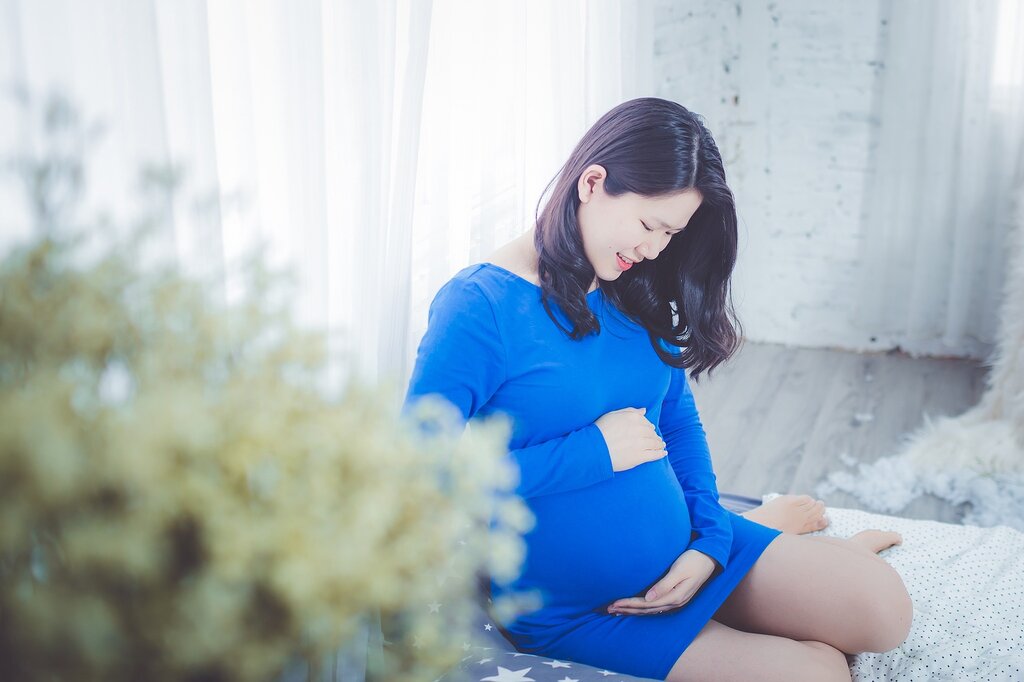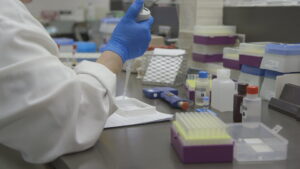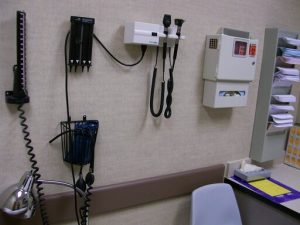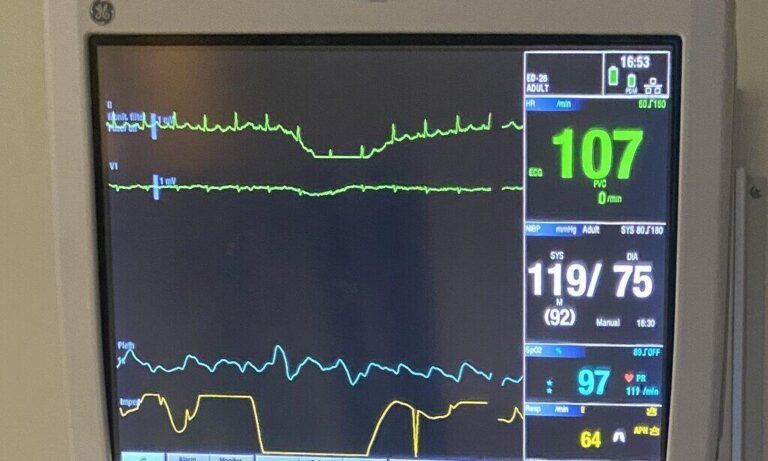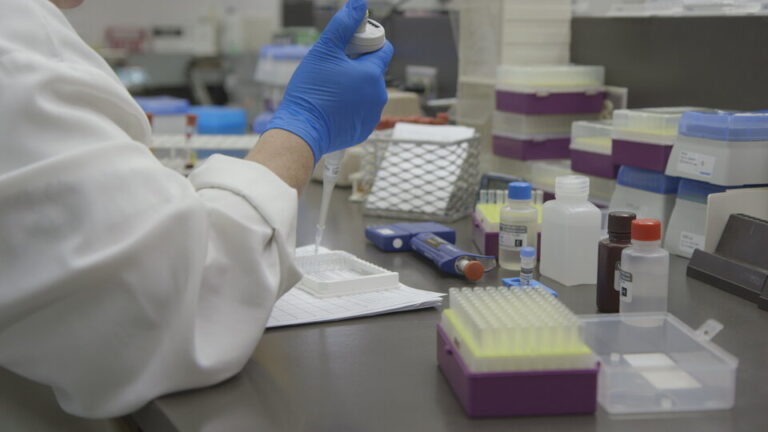As conspiracy theories and myths continue to surround COVID-19 mRNA vaccines, scientists work to verify the claims. A large team of researchers investigated two of the most widely spread claims about fetal defects and fertility.
Their peer-reviewed study, published May 24, 2022, found no evidence that vaccination of mice¹ (see notes below) in early pregnancy is connected to an increased incidence of congenital abnormalities. Finally, using data collected from human subjects, the scientists dispel the myth that the COVID-19 vaccination creates anti-syncytin-1 antibodies in people rumored to induce infertility.
Scientists Observe Pregnancies for Congenital Abnormalities

Average pregnant mice, weighing 25 grams, received a two-gram² intramuscular injection of Moderna’s mRNA-1273 at embryonic day 7.5 (E7.5). Using the same time frame as previous studies, fetuses were evaluated at term but before birth at E18.5 to assess phenotypes or observable traits.
The scientists’ report indicates they did not see any congenital disabilities in either the vaccine-exposed or phosphate-buffered saline (PBS) treated litters. Additionally, the mRNA-1273 vaccine in early pregnancy led to differences in fetal size at birth.
Their findings are consistent with the Centers for Disease Control and Prevention (CDC) limited data that found no congenital abnormalities in human fetuses post maternal vaccination in the first trimester or the periconception period (14 weeks before to 10 weeks after conception).
Anti-COVID-19 Antibodies Present in Fetal Circulation
To determine if a fetus is protected against the coronavirus after its mother’s COVID-19 vaccination is received early in the pregnancy, the scientists analyzed maternal and fetal cells collected toward the end of the first trimester and before birth.
The results revealed that both the mother’s and the fetus’ cells contained high levels of antibodies against the SARS-CoV-2 post-vaccination.
Following a natural COVID-19 infection, maternal antibodies readily cross the placenta. In addition, other recent studies found the anti-SARS-CoV-2 antibodies in human infant cord blood samples after vaccination during pregnancy, suggesting the vaccine-induced protection from the mother’s antibodies is transferred to the fetus.
Scientists Find the COVID-19 Vaccination Does Not Create Anti-Syncytin-1 Antibodies
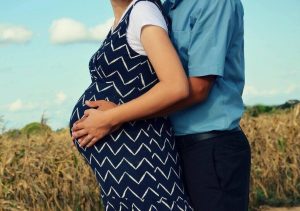
The scientists quantified levels of anti-syncytin-1 antibodies in human cells from a group of vaccinated and unvaccinated human adult volunteers to determine whether vaccination status is associated with anti-syncytin-1 antibodies. To evaluate the levels in an average, healthy population before vaccination, samples were taken from healthier, unvaccinated healthcare workers who tested negative for SARS-CoV-2.
Circulating anti-syncytin-1 antibodies are not increased after injections of Moderna or Pfizer mRNA vaccines, according to the data collected from two independent groups totaling 96 individuals. Researchers did not find any elevated anti-syncytin-1 antibody levels in samples of the vaccinated group. Moreover, the prevalence of anti-syncytin-1 autoimmunity appears low, even in those at high risk for anti-ERV autoimmunity, two out of 27 individuals.
NOTES:
¹ Using mice for this study allowed the scientists to examine the vaccine’s effects at defined points of fetal development at the earliest periods of pregnancy — when many women do not yet know they are pregnant. Additionally, vaccine doses can be dispensed at concentrations much more significant than that used in humans to maximize the odds of producing and observing any possible disturbance of the development of the embryo or fetus.
² Scientists used two grams for a 25-gram mouse, corresponding to over 50 times the vaccine per gram weight given to humans, to ensure they would detect the impact of the vaccine on the developing fetus, if any.
Written by Cathy Milne-Ware
Sources:
Newswire: Data contradict fears of COVID-19 vaccine effects on pregnancy and fertility
PLoS Biology: No evidence of fetal defects or anti-syncytin-1 antibody induction following COVID-19 mRNA vaccination. PLoS Biol 20(5): e3001506. By Lu-Culligan A, Tabachnikova A, Pérez-Then E, Tokuyama M, Lee HJ, Lucas C, et al. (2022)
Nature: No crossreactivity of anti-SARS-CoV-2 spike protein antibodies
Reuters: Fact check: Available mRNA vaccines do not target syncytin-1, a protein vital to successful pregnancies with Syncytin-1; by Mukul Prasad, Jia Le lin, Rashi Gupta, et al. (2001)
Featured and Top Image Courtesy of Son Nguyen’s Pixabay Page – Creative Commons License
First Inset Image Courtesy of ronstik’s Pixabay Page – Creative Commons License
Second Inset Image Courtesy of beccalee’s Pixabay Page – Creative Commons License

